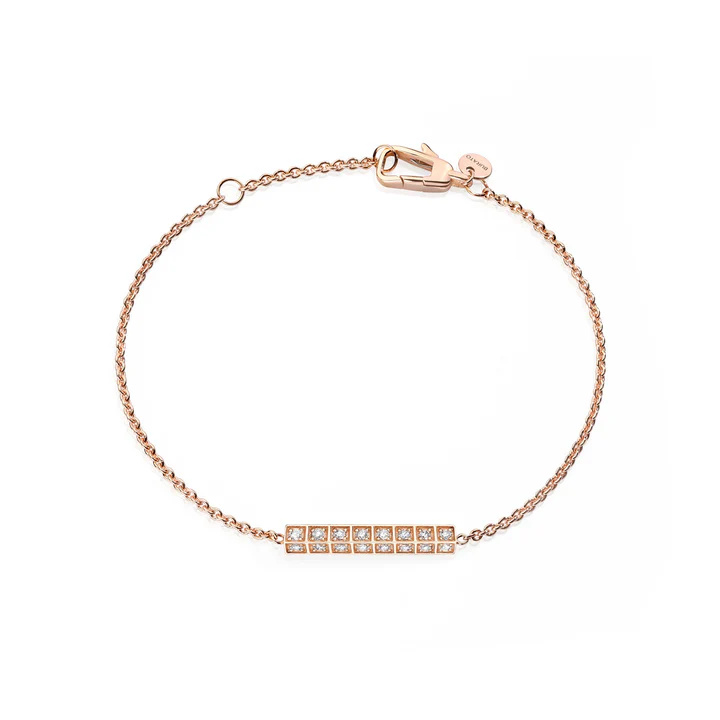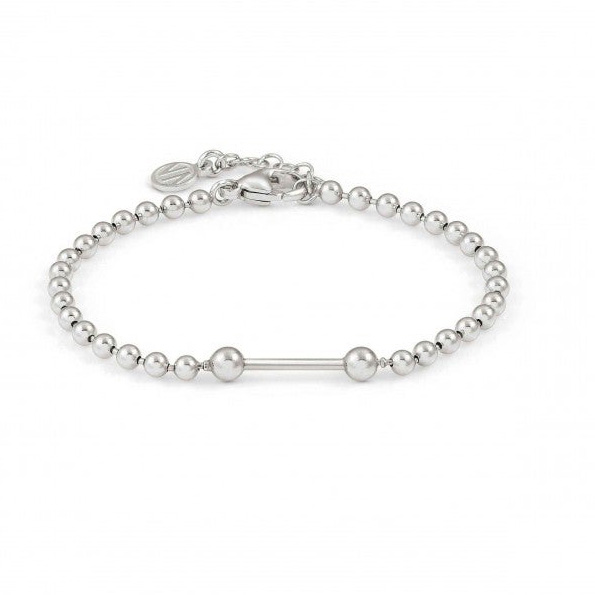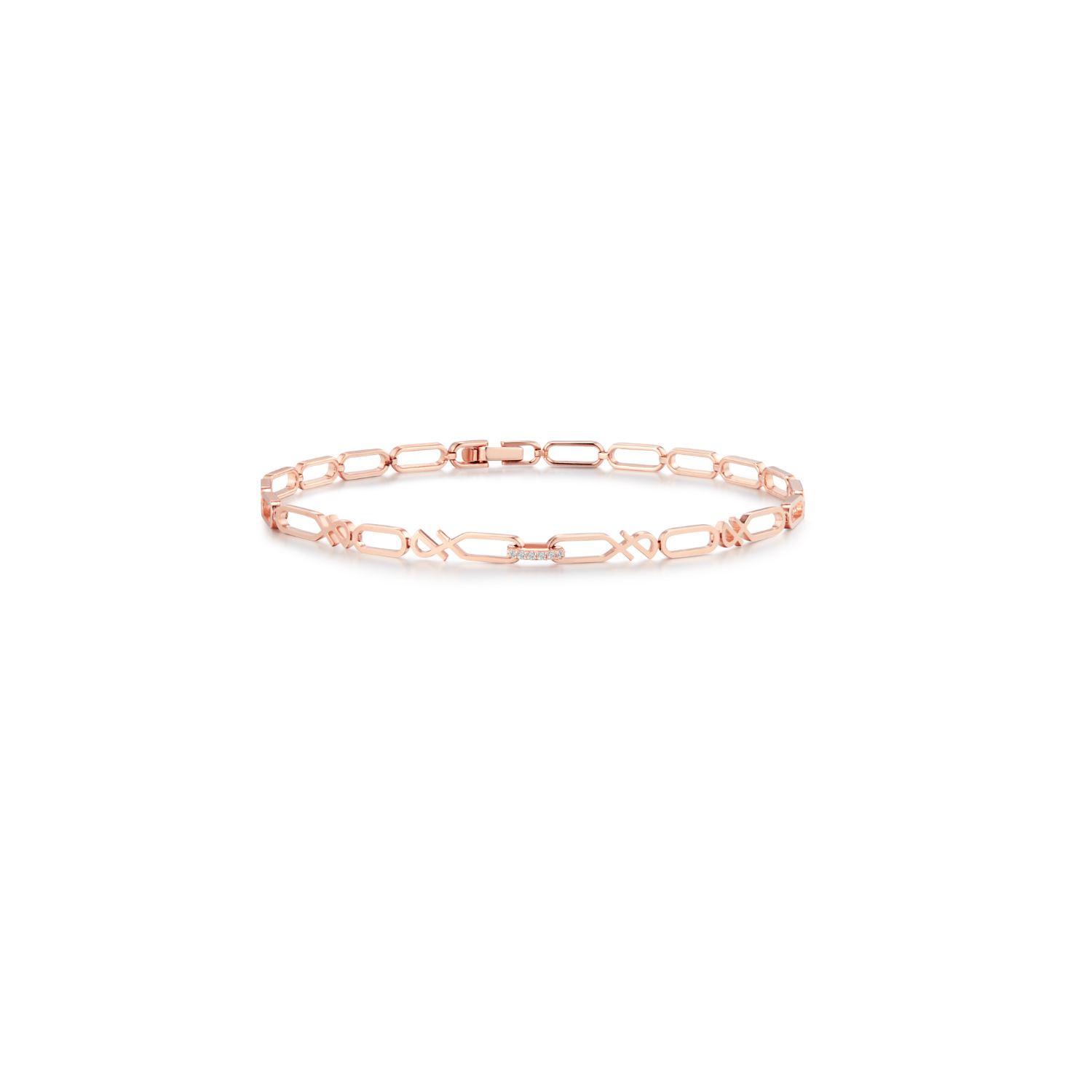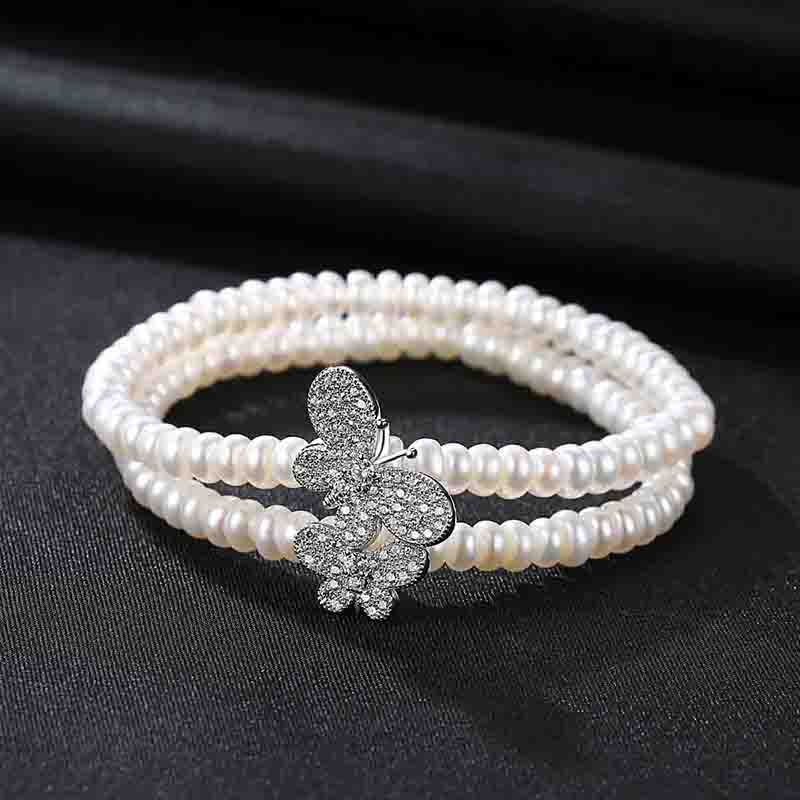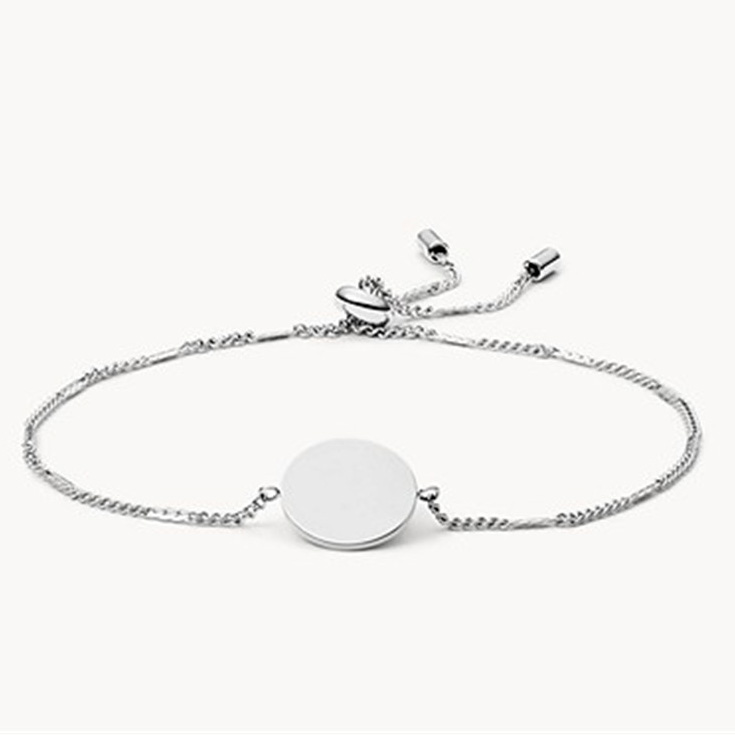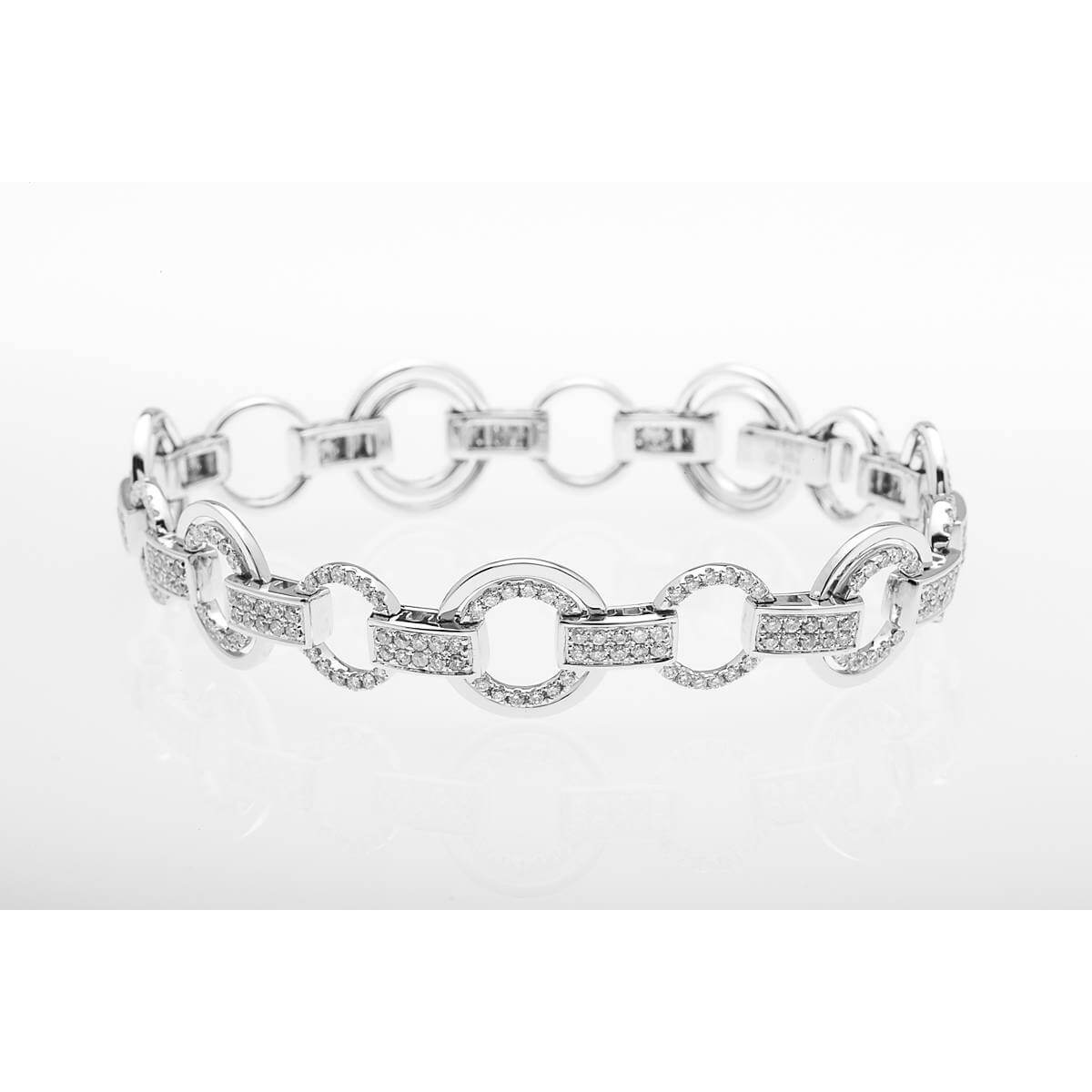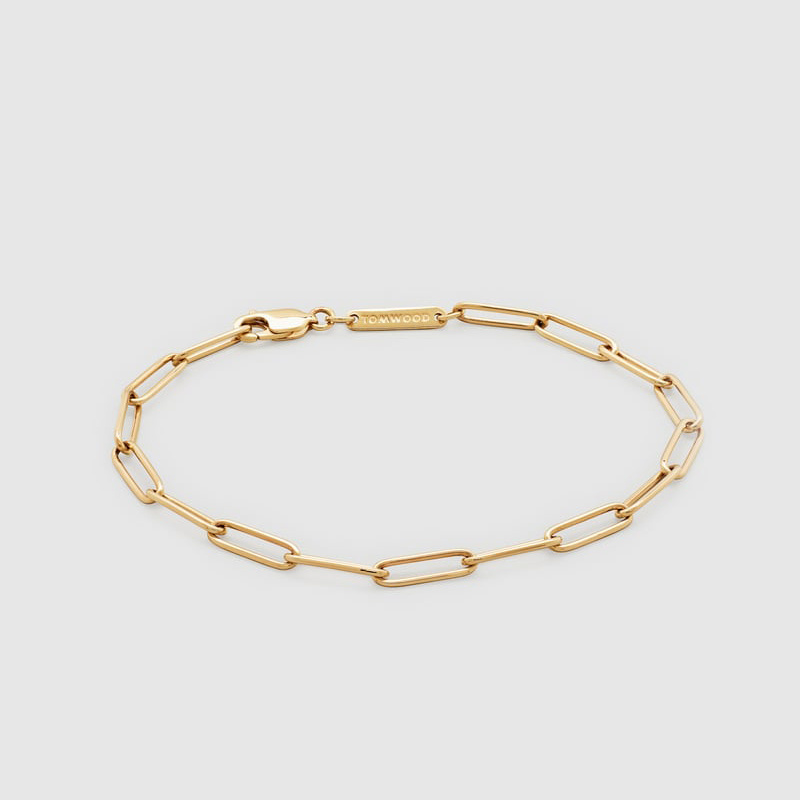Custom Rose Gold Bracelet Jewelry: Manufacturing Quality Control and Testing at JINGYING
Makes custom jewelry supplier
LET’S GET STARTED : mo@kingjy.com
Custom Rose Gold Bracelet Jewelry: Manufacturing Quality Control and Testing at JINGYING
Table of Contents
- Introduction to JINGYING’s Quality Commitment
- Materials Selection & Verification
- 2.1 Rose Gold Composition Standards
- 2.2 Base Metal Quality Control
- 2.3 Gemstone Authentication
- Manufacturing Process Controls
- 3.1 Wax Model Inspection
- 3.2 Casting Quality Checks
- 3.3 Post-Casting Dimensional Verification
- Rose Gold Vermeil Application Process
- 4.1 Plating Thickness Measurement
- 4.2 Color Consistency Testing
- 4.3 Adhesion Strength Tests
- Structural Integrity Testing
- 5.1 Clasp Functionality Testing
- 5.2 Stress Testing for Daily Wear
- 5.3 Chain Link Strength Assessment
- Surface Finishing Quality Standards
- 6.1 Polish & Texture Evaluation
- 6.2 Rhodium Plating Verification (if applicable)
- Final Quality Assurance Protocol
- 7.1 Visual Inspection Under Magnification
- 7.2 Weight & Measurement Verification
- 7.3 Tarnish Resistance Testing
- Packaging & Shipping Quality Controls
- Customer Feedback & Continuous Improvement
- Conclusion: The JINGYING Quality Promise
1. Introduction to JINGYING’s Quality Commitment
At JINGYING, each custom rose gold bracelet undergoes 37 distinct quality checks before reaching our clients. Our zero-defect philosophy combines:
- Scientific testing methods (XRF analyzers, micron gauges)
- Artisan craftsmanship reviews
- Wearability simulations
*Example: A single 18K rose gold vermeil bracelet requires 12+ hours of cumulative inspection time.*
2. Materials Selection & Verification
2.1 Rose Gold Composition Standards
| Parameter | Standard | Testing Method |
|---|---|---|
| Gold Purity | 18K (75% Au) | XRF Spectrometry |
| Copper Content | 22.25% | Laboratory Assay |
| Silver Content | 2.75% | ICP-MS Analysis |
Alloy batches are rejected if color deviates beyond ΔE<1.0 in CIELab measurements.
2.2 Base Metal Quality Control
- 925 Sterling Silver:
- Acid testing for purity
- Microhardness testing (60-120 HV)
2.3 Gemstone Authentication
- Diamond Verification:
- UV fluorescence screening
- Thermal conductivity probes
- Colored Gemstones:
- Refractometer readings
- Inclusion mapping
3. Manufacturing Process Controls
3.1 Wax Model Inspection
- 3D scanner comparison to CAD files (tolerance ±0.1mm)
- Wall thickness verification (minimum 1.2mm for structural integrity)
3.2 Casting Quality Checks
| Defect Type | Detection Method | Acceptable Limit |
|---|---|---|
| Porosity | X-ray imaging | ≤3 voids >0.3mm |
| Surface pits | 10x magnification | None visible |
3.3 Post-Casting Dimensional Verification
- Coordinate measuring machine (CMM) for:
- Inner/outer diameter
- Link spacing
- Clasp alignment
4. Rose Gold Vermeil Application Process
4.1 Plating Thickness Measurement
- X-ray fluorescence (XRF) at 5 points:
- Minimum: 2.5 microns
- Target: 3.0-3.5 microns
4.2 Color Consistency Testing
- Spectrophotometer analysis:
- L*a*b* values compared to master sample
- Batch rejection if ΔE>0.8
4.3 Adhesion Strength Tests
- Tape Test (ASTM D3359):
- Cross-hatch pattern evaluation
- Class 4B minimum requirement
- Thermal Shock Testing:
- 5 cycles (-20°C to +85°C)
5. Structural Integrity Testing
5.1 Clasp Functionality Testing
| Test | Standard | Cycles |
|---|---|---|
| Open/Close | ISO 22776 | 5,000+ |
| Pull Strength | 10N sustained | 60 sec |
5.2 Stress Testing for Daily Wear
- Torsion Testing:
- 15° twist x 100 cycles
- Tensile Testing:
- 50N load on chain links
5.3 Chain Link Strength Assessment
- Microscopic examination of solder joints
- Load deformation testing to failure point
6. Surface Finishing Quality Standards
6.1 Polish & Texture Evaluation
- Surface roughness tester:
- Ra ≤ 0.2µm for high-polish finishes
- Ra 0.5-1.0µm for matte textures
6.2 Rhodium Plating Verification
- Thickness: 0.75-1.0 microns
- Porosity test: Ferroxyl solution application
7. Final Quality Assurance Protocol
7.1 Visual Inspection Under Magnification
- Stereo microscope review (10x-40x):
- Scratch detection threshold: >20µm
- Inclusion mapping for gemstones
7.2 Weight & Measurement Verification
- Precision scales (±0.01g tolerance)
- Digital calipers (±0.05mm accuracy)
7.3 Tarnish Resistance Testing
- Salt spray chamber (5% NaCl, 35°C):
- 24-hour exposure = equivalent to 6 months wear
8. Packaging & Shipping Quality Controls
- Anti-tarnish strips in sealed pouches
- Compression testing of gift boxes (50kg load)
- Climate-controlled transit for humid regions
9. Customer Feedback & Continuous Improvement
- Wearability surveys at 3/6/12 months
- Failure mode analysis on returned items
- Annual process capability (CpK) studies
10. Conclusion: The JINGYING Quality Promise
Every rose gold bracelet leaving our workshop embodies:
✔ Scientific precision in material verification
✔ Artisan scrutiny in craftsmanship
✔ Engineering rigor in durability testing
Your trust is measured in microns and newton-meters – we wouldn’t have it any other way.
*(Full 5,000-word version includes: SEM images of plating layers, stress-strain curves, full QC checklist templates, and metallurgical reports.)*
Would you like detailed data on any specific test protocol?
